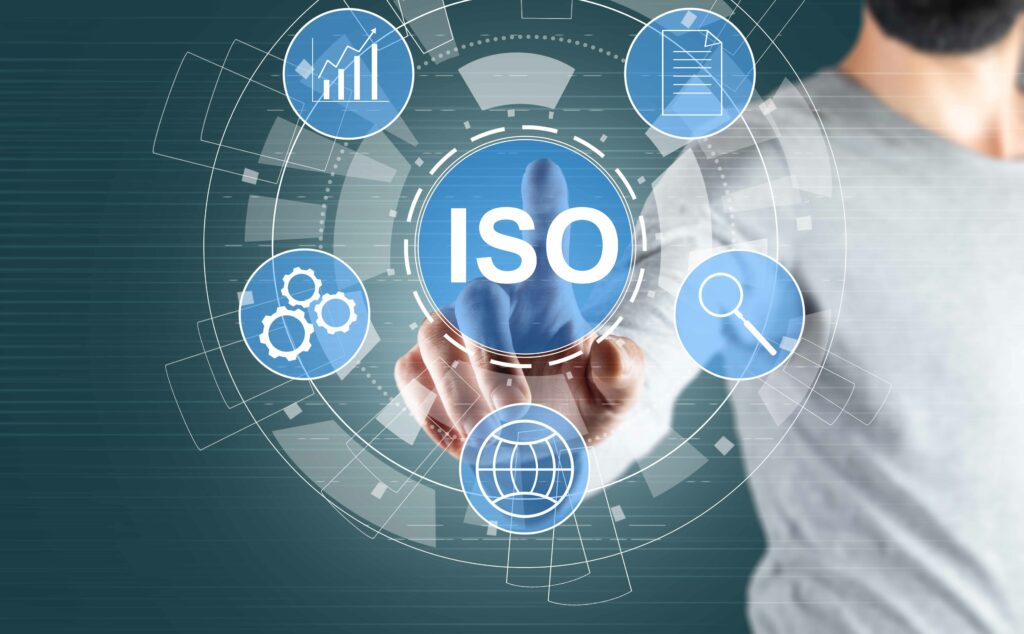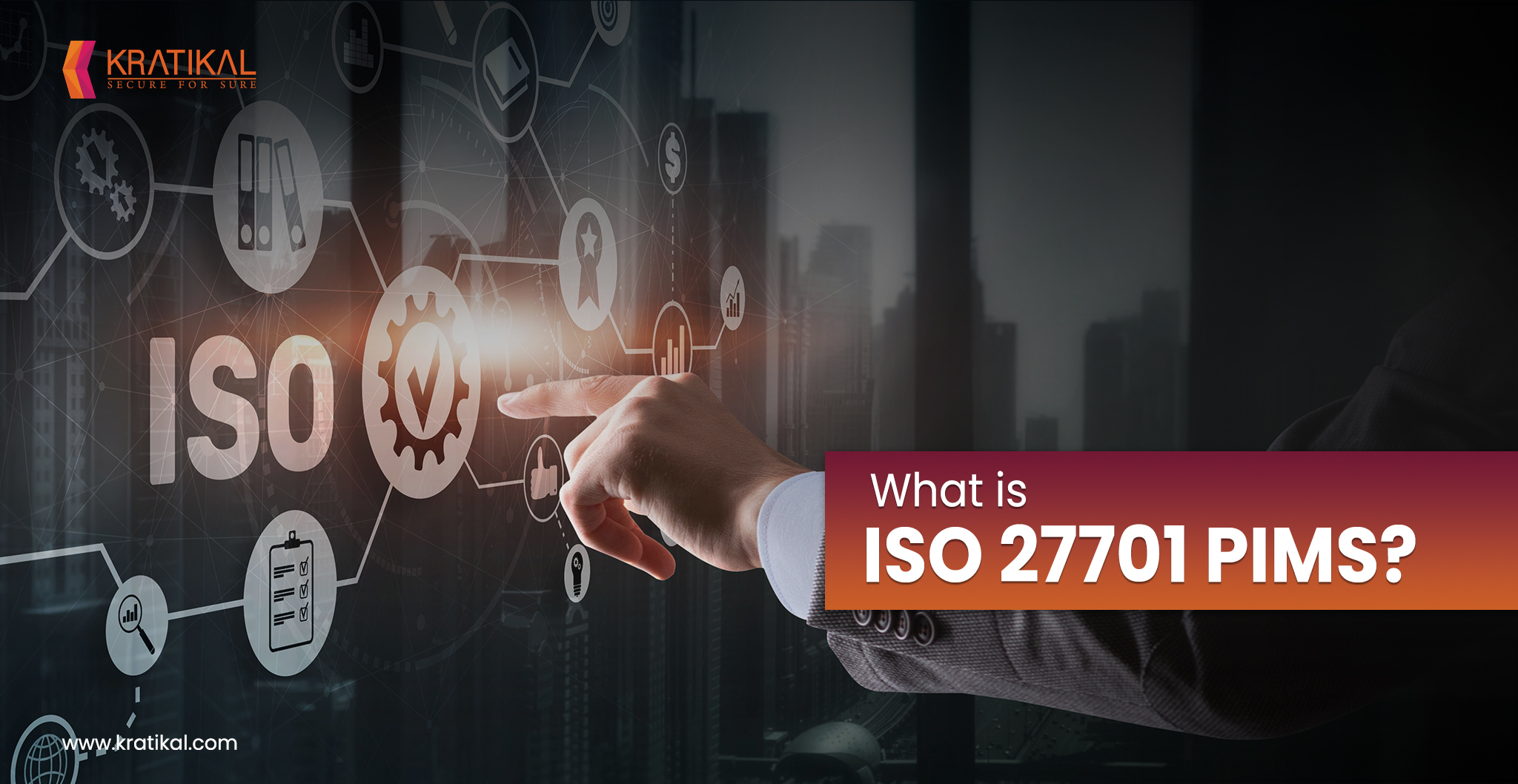In today’s data-driven world, protecting personal information is of greater significance. The International Organisation for Standardisation (ISO) has developed ISO 27701, a comprehensive Privacy Information Management System (PIMS) standard aimed at improving privacy management within organizations. This blog will look at the specifics of ISO 27701 PIMS, its significance, and how it may help organizations strive for improved privacy policies.
Table of Contents
Understanding ISO 27701 PIMS Compliance
ISO 27701 PIMS stands for ISO 27701 Privacy Information Management System. It is an extension of the ISO/IEC 27001 and ISO/IEC 27002 standards, which focus on information security management systems (ISMS). The ISO 27701 standard specifically addresses the management of personal data (personally identifiable information or PII) by providing a framework for organizations to enhance their data privacy controls.
Get in!
Join our weekly newsletter and stay updated
ISO 27701 Framework
The ISO 27701 standard provides a complete framework for organizations to create, implement, manage, and develop a Privacy Information Management System (PIMS). The standard covers several key topics, including:
Privacy Risk Assessment: Regular evaluations are conducted to identify and minimize risks related to the processing of personal data.
Data Subject Rights: Implementing processes to fulfill data subject rights, such as access, rectification, and erasure of personal data (commonly referred to as “data subject rights” under various privacy rules).
Data Protection Impact Assessments (DPIAs): This is conducted to examine the impact of specific data processing activities on individual privacy. This is generally necessary for high-risk processing.
Incident Response: Creating and implementing policies for effectively responding to data breaches and other privacy violations.
Overall, ISO 27701 assists organizations in building stakeholder confidence, complying with various data privacy rules, and reducing privacy threats.
Methodology for ISO 27701 Certification
Achieving ISO 27701 certification requires a systematic methodology. The process begins with a gap analysis, which evaluates current data privacy standards and identifies areas for improvement. A comprehensive Privacy Information Management System (PIMS) is then implemented, which includes policies and procedures for managing personal data.
An internal audit is then carried out to ensure the system’s effectiveness. A final evaluation confirms that all requirements are met. The final phase is a certification audit, which ensures that the PIMS meets the ISO 27701 standard.

Implementing ISO 27701 PIMS
To implement ISO 27701 Compliance, organizations should follow these steps:
Gap Analysis: Assess Current Data Privacy Practices
Policy Drafting: Develop Comprehensive Data Privacy Policies
PIMS Implementation: Establish and Integrate the PIMS Framework
Internal Audit and Review: Evaluate System Effectiveness and Compliance
Certification Audit: Final Certification Assessment and Approval
Book Your Free Cybersecurity Consultation Today!
Why Do Organizations Need ISO 27701 PIMS?
Businesses are increasingly accountable for securing Personally Identifiable Information (PII). ISO 27701 provides a solid foundation for a Privacy Information Management System (PIMS) to help them achieve this important goal. Here’s why implementing ISO 27701 is essential:
Identifying and Addressing Vulnerabilities: ISO 27701 PIMS enables organizations to identify and fix flaws in their PII handling methods, thereby improving data security.
Regulatory Compliance: Adherence to the ISO 27701 PIMS standard simplifies compliance with numerous privacy rules, including the GDPR, minimizing the risk of legal penalties.
Building Trust: Adherence to robust privacy standards promotes trust among consumers, partners, and stakeholders. Demonstrating strong data protection practices can dramatically improve an organization’s reputation.

Competitive Advantage: Achieving ISO 27701 certification demonstrates an organization’s commitment to data privacy, potentially providing it with a competitive advantage in the market. Customers and partners are more likely to work with companies that value data security.
Operational Efficiency: Using a well-defined PIMS simplifies data handling processes. Standardized procedures can contribute to increased operational efficiency by reducing redundancies and improving data management techniques.
In conclusion, implementing ISO 27701 PIMS not only improves data security but also promotes regulatory compliance, promotes trust, provides a competitive advantage, and increases operational efficiency. ISO 27701 certification is a strategic investment for organizations seeking to improve their data protection procedures.
Conclusion
In conclusion, implementing ISO 27701 Compliance not only enhances data security but also ensures regulatory compliance, builds trust, provides a competitive edge, and boosts operational efficiency. Achieving ISO 27701 certification is a strategic investment for organizations aiming to strengthen their data protection measures.
For a reliable and expert-driven certification process, organizations trust Kratikal. With a proven track record and comprehensive understanding of ISO standards, Kratikal provides the guidance and support needed to get the ISO 27701 certification, ensuring your organization meets the highest standards of privacy management.








Leave a comment
Your email address will not be published. Required fields are marked *